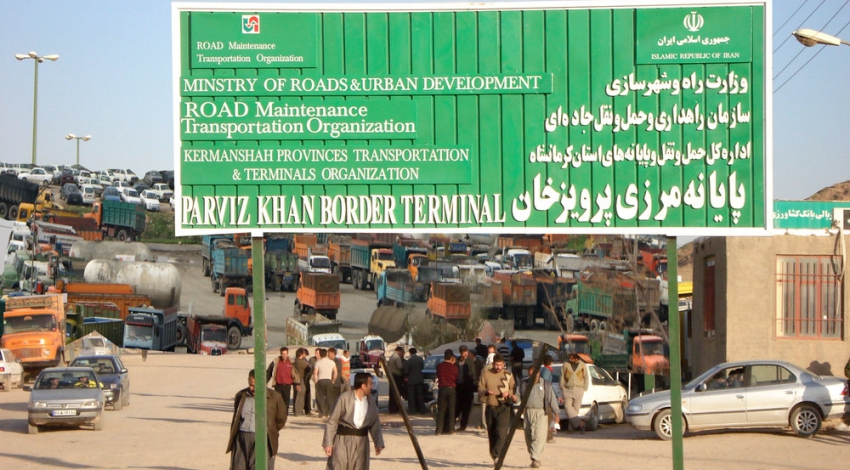The decision came after Iraq extended its flight ban to the breakaway region until February 28: the limitations concern Kurdistan's Erbil and Sulaymaniyeh airports.
Iran previously imposed a fuel embargo on the autonomous region, banning the trade of fuel products, in terms of both imports and exports, with the Iraqi Kurdistan.
Meanwhile, military, diplomatic, humanitarian and UN flights to the area are still permitted, but subject to approval by the Iraqi government.
The situation in the region escalated after 90 percent of Kurds voted in September in favor of the autonomy's secession from Iraq. Baghdad, for its part, has called the referendum illegal and launched a military operation to recapture the Kurdish-held disputed areas of the country, while also imposing sanctions on Kurdish authorities.
This move triggered the Iraqi federal government to instruct the country's armed forces and allied Popular Mobilization Units (PMUs) to launch a military campaign in Northern Iraq to retake the oil-rich city of Kirkuk from the Peshmerga, in addition to other disputed areas. Iraq also assumed control of all border crossings in Iraqi Kurdistan, and closed all airports there, effectively isolating the area.
As a result of these measures, the KRG opted to postpone its plans for independence, in a bid to appease its neighbors, to prevent further conflict and economic fallout.
Meantime, the Iranian Interior Ministry's Director General for Borders Shahriyar Heydari confirmed that Parviz Khan border in Kermanshah province and Tamarchin in West Azarbaijan will resume their activities on Tuesday in accordance with the order by the Supreme National Security Council.
In a relevant development in early December, a senior Iranian trade official declared that the situation in the Iraqi Kurdistan Region had been improved, and Tehran and Erbil could resume their trade relations shortly.
"Our borders with Iraqi Kurdistan are re-opening one by one, and the situation is being returned to normal," Chairman of Iran-Iraq Chamber of Commerce Yahya Al-Eshaq told reporters.
He reiterated that the necessary security has been provided in Iraqi Kurdistan Region after the September's futile referendum there, so the Iranian business persons can be present in the Iraqi Northern region again.
Talking of Iran-Iraq economic cooperation, Al-Eshaq said Iran's exports to the neighboring country registered six percent growth in the first half of the current Iranian calendar year (March 21-September 21).
During the period, the value of Iran's exports to the Iraqi markets has been over 3.2 billion dollars, which shows that the country could keep the record of exporting the monthly 600-million-dollars worth of goods to its southwestern neighbor, the official added.
He also said that Iraq is the second destination for the Iranian products after China.
Responding a question on reports that Turkey in Northern Iraq has taken opportunity of the Kurdistan Region's conflict for developing trade exchange with the Kurds, the official said it is "just a rumor".
An independence referendum was approved by Iraq's local Kurdistan parliament despite harsh oppositions from the federal government in Baghdad, and warnings from neighboring countries on the repercussions. Less than a month later, Iraqi Prime Minister Haider al-Abadi declared that the region's September 25 referendum was "history".
# Tags











